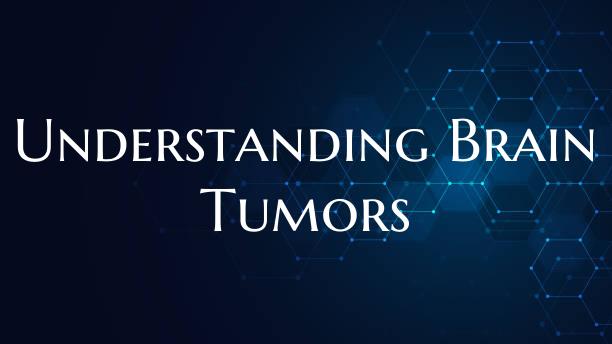
Understanding Brain Tumors
Brain tumors are abnormal growths of cells in the brain that can be either benign (non-cancerous) or malignant (cancerous). These tumors can originate in the brain itself (primary tumors) or spread to the brain from other parts of the body (metastatic tumors). Understanding brain tumors is crucial for diagnosis, treatment, and management of the condition.
Types of Brain Tumors: There are various types of brain tumors, classified based on their location, cell type, and behavior. Some common types include meningiomas, gliomas, pituitary tumors, and metastatic tumors. Each type of tumor may require a different approach to treatment and care.
Causes and Risk Factors: The exact cause of brain tumors is often unknown, but certain factors may increase the risk of developing them, such as exposure to radiation, family history of brain tumors, and certain genetic disorders. Understanding these risk factors can help in early detection and prevention.
Symptoms and Diagnosis: The symptoms of a brain tumor can vary depending on its size, location, and rate of growth. Common symptoms include headaches, seizures, changes in vision, and cognitive impairment. Diagnosing a brain tumor typically involves imaging tests such as CT scans and MRIs, along with a biopsy to confirm the diagnosis.
Treatment Options: Treatment for brain tumors may include surgery, radiation therapy, chemotherapy, targeted drug therapy, or a combination of these approaches. The choice of treatment depends on the type and location of the tumor, as well as the overall health of the patient. It is important to consult with a team of healthcare professionals to determine the best course of action.
Prognosis and Follow-Up: The prognosis for patients with brain tumors varies widely depending on factors such as the type of tumor, its size, location, and grade. Regular follow-up appointments and monitoring are essential to track the progress of treatment, manage any side effects, and ensure the best possible quality of life for the patient.
In conclusion, understanding brain tumors involves knowledge of the different types, causes, symptoms, diagnosis, treatment options, prognosis, and follow-up care. By staying informed and working closely with healthcare providers, patients and their families can make well-informed decisions and better cope with the challenges posed by brain tumors.